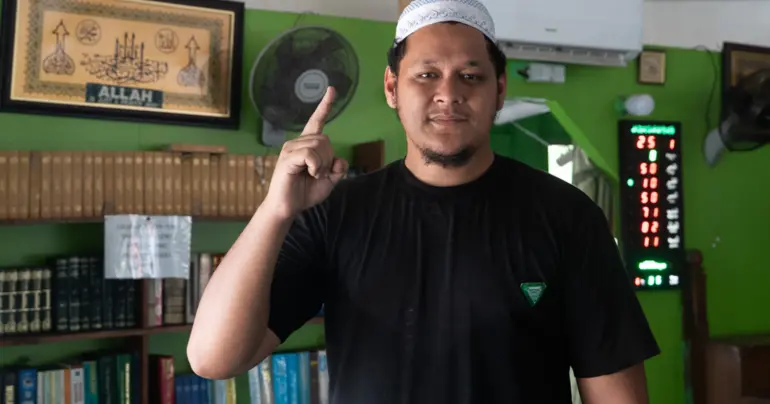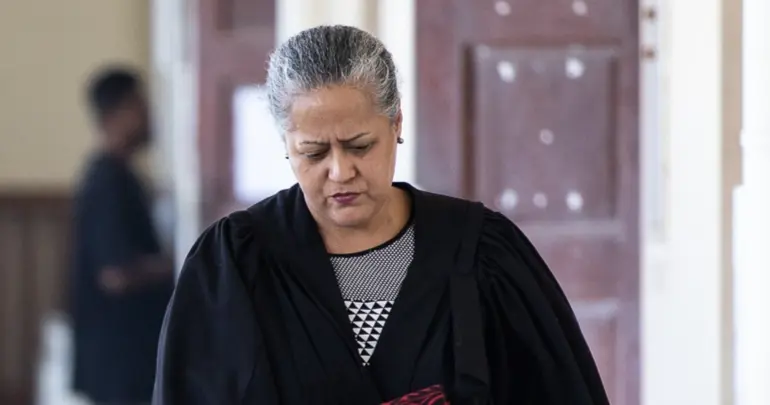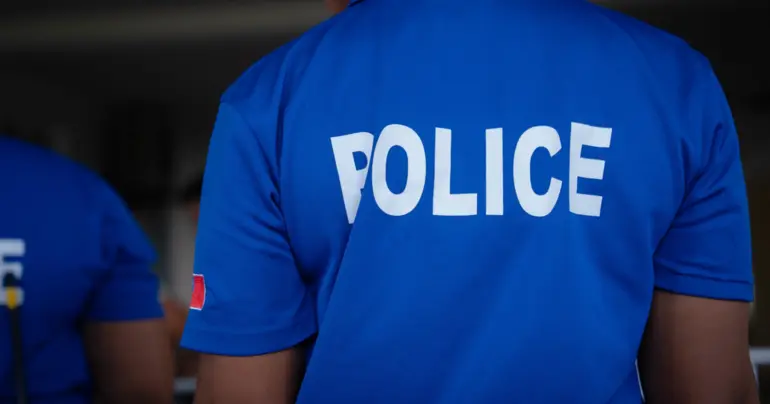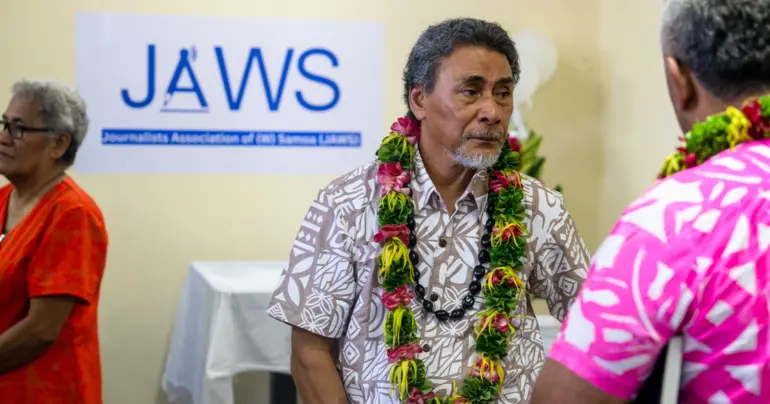Samoa's Talanoa project wins Pacific Hackathon
 By Adel Fruean
•
22 April 2022, 6:20PM
By Adel Fruean
•
22 April 2022, 6:20PM
A Samoan team has won the Pacific’s first Hackathon to find an ICT-based solution to “Amplify Pacific Voices.”
The winning project ‘Talanoa’ was developed by a Samoan team of developers, Hilton So’o, Charlie Don Reed, Billy Chan Ting, and Ainsof So’o.
The Pacific Islands Chapter of the Internet Society (P.I.C.I.S.O.C.) in association with Pacific Island Association of NGOs (P.I.A.N.G.O.), the European Union Funded UNDP Public Finance Management Project with supporting partners CERT NZ, Samoa Information Technology Association (S.I.T.A.), Tonga Women in ICT (TWiCT) and Oceania Cyber Security Centre (OCSC) kicked off the Pacific Hackathon event.
P.I.A.N.G.O., the regional umbrella body of Non-Governmental Organizations (NGOs) has the challenging task to find conduits to capture voices from its 24 member Pacific countries, on various matters affecting civil society and Pacific communities as a whole.
This became the objective of the hackathon and the need for that digital solution that would not only capture but convey to decision-makers at both the national and regional levels.
The event took place on the 12th and 13th of April, and culminated with over 120 participants joining virtually from across the region and beyond along with participants attending in person at the South Pacific Laucala Campus in Fiji.
Mr. Chan Ting, who is a member of the winning ‘Talanoa’ team, said one thing in the Pacific is working as one or in a team of two, but this experience allowed us to work in a team of four, which was a very different experience.
“We learnt a lot. Samoa has been in COVID lockdown since mid-March,” he said media release issued by Pacific Islands Chapter.
Asked about this, Billy went on to say, “We haven't seen anyone face to face since the lockdown in Samoa. Everything has been virtual.”

The second winning project “Toloa” was also by a group of Samoan developers, Alesena Lealofi Eteuati Jr, Andre Westerlund, and Chia Chen Lin, included a collaborative graph showing geographical information including a 3D model, an impressive and innovative feature.
The third-place winner “Pacific Civic Society Hub” was developed solely by Finau Kaufusi, a Tongan developer based out of Sydney Australia, had good functionality, and user interface, and had a recent submission feature that stood out.
This feature was both impressive and nice especially when scrolling across different pages.
A member of the judging panel, Sam Leggett, said the Talanoa stood out due to its functionality, ease of use - user experience is very important, is people-focused linking social media platforms that people were already signed on people don’t have to take the extra step to have to register and create new accounts all the time which can sometimes be a big turn-off.

“Looked at how it can be sustainable through its gamification feature which would draw audiences to keep coming back to the site and receive updates,” Mr Leggett said.
The winners will respectively take prize money of USD$5,000, USD$3,000 and USD$2,000.
The event had over 18 project submissions. To support the event, PICISOC enlisted a genre of Pacific-based mentors, judges and in-country coordinators.
Prior to the main event, a mentoring session was conducted on Friday 8th, April with three main speakers, Fa’aso’otauloa Sam Saili, Dr Humphrey Obie and Emeline Siale Ilohahia.
The session provided participants with the opportunity to get some tips and experiences from subject experts, and also an early opportunity to understand the “problem statement” that PIANGO had put forward as the challenge for the hackathon.
A panel of five judges over the last couple of days have met and shortlisted projects to their top five projects then continued to narrow this down to the top three finalists, ranking winners from 1st to 3rd place.
Judges applauded the effort of the participants with the Executive Director of PIANGO Mrs. IIolahia, stating, “We were certainly looking for solutions that complemented and enhanced the way we are currently operating and happy with the outcome of the judging, particularly with further insights provided by the other judges that enabled us to come to a final decision”.
The P.I.C.I.S.O.C. President Letitia Masaea stated that this is one of many events and opportunities to come.
“The Pacific Hackathon has definitely brought out the hidden talents of young developers within the Pacific region," she said.
“I am most impressed by the potential caliber of our Pacific IT community and their excitement to participate. We even had non-IT participants trying to come up with solutions.
“We have learnt alot from this event, and there’s room for improvement for the next one. We are confident that our Pacific IT community can come up with innovation, and sustainable solutions to solve our own Pacific challenges and problems.”
 By Adel Fruean
•
22 April 2022, 6:20PM
By Adel Fruean
•
22 April 2022, 6:20PM











